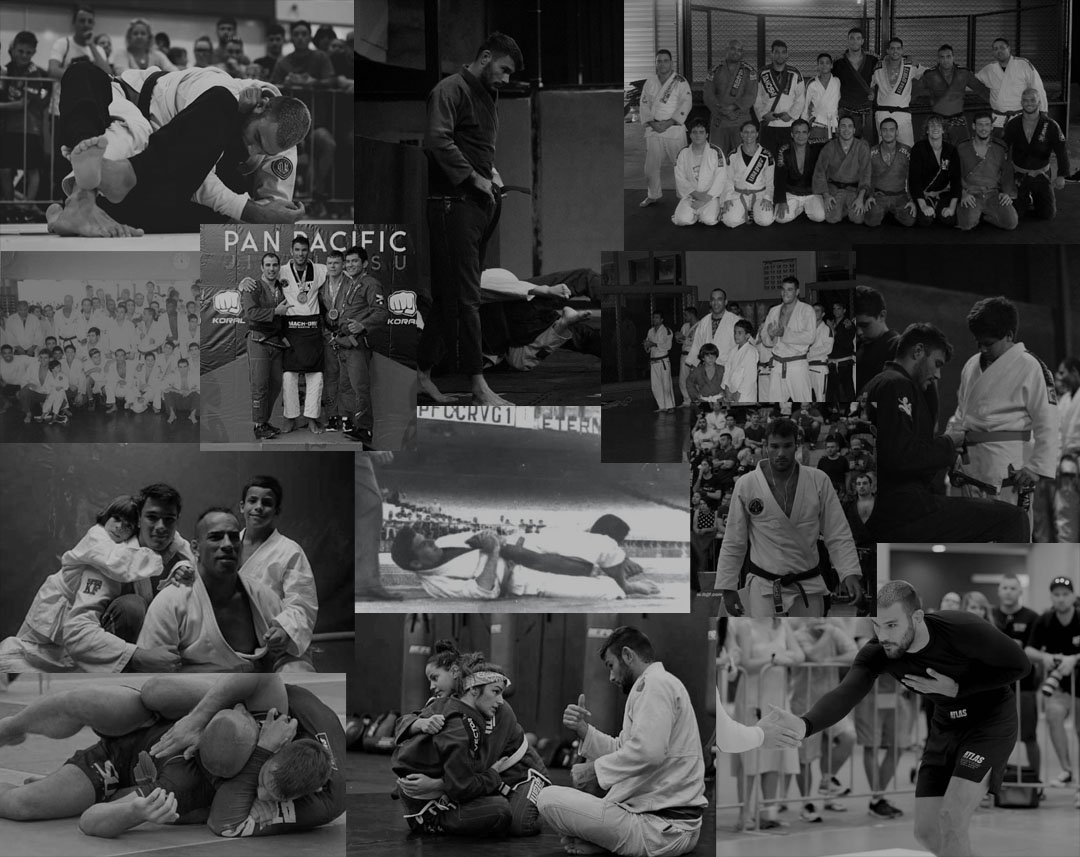
BJJ - BRAZILIAN JIU-JITSU
Brazilian Jiu-Jitsu (BJJ) is a dynamic martial art and combat sport rooted in the principles of leverage, technique, and strategic problem-solving. Born from the fusion of Kodokan Judo and traditional Japanese Ju-Jitsu, it was refined in Brazil, who emphasized ground fighting as a means for smaller individuals to defend themselves against larger opponents.
At its core, BJJ revolves around controlling an adversary through takedowns, positional dominance, and submissions such as joint locks and chokeholds, ultimately forcing them to concede. Unlike striking-based disciplines, BJJ prioritizes efficiency over brute strength, using biomechanics and timing to neutralize aggression—earning it the nickname "human chess" for its cerebral, layered approach.
While deeply effective for self-defense (enabling restraint without strikes), BJJ thrives as a global sport, with competitions like the ADCC and IBJJF showcasing athletes in gi and no-gi formats. Training emphasizes live sparring ("rolling"), fostering adaptability, resilience, and physical fitness. Its inclusive nature welcomes all ages and body types, promoting a growth mindset and community camaraderie. More than a martial art, BJJ is a journey of continuous learning, blending mental acuity with physical mastery.
What to Expect in a BJJ Class?
Warm-up: Mobility drills and BJJ-specific movements.
Technique Training: Learning and practicing positions, submissions, and escapes.
Positional Drills: Applying techniques with controlled resistance.
Rolling (Sparring): Live grappling to develop skills in real-time scenarios.
Respectful Environment: BJJ promotes discipline, problem-solving, and camaraderie.
Expect a challenging but rewarding experience that improves both physical and mental resilience.

